detail profile carlos petrovich

Carlos Petrovich
Carlos Roberto Petrovich
atau dikenal sebagai
Info Pribadi
Peran Yang Di Mainkan Carlos Petrovich
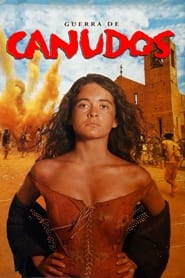 At the end of the 19th...
At the end of the 19th...The Battle of Canudos 1997
At the end of the 19th century, a poor family comes to the rural Canudos, a community led by Antônio Conselheiro, seen by many as a holy prophet. Their ways bother the powerful people of the region, and the newly founded Republic sends their army to destroy the settlement, which culminates in one of the bloodiest wars in the history of Brazil.
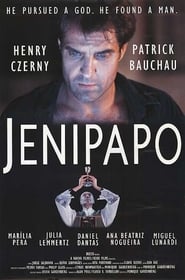 Henry Czerny plays American journalist Michael...
Henry Czerny plays American journalist Michael...The Interview 1995
Henry Czerny plays American journalist Michael Coleman, a strung-out expatriate writing for a Brazilian newspaper. His professional obsession is Father Stephen Louis, a mildly popular and charismatic priest who has been the major political opponent of the greedy and ruthless landowners of the Bahia region. Mysteriously, the usually outspoken Father Louis has been silent for three months. With the Brazilian Congress about to vote on a major land-redistribution bill that could potentially tip the balance of power even further, Father Louis’s support of the peasants and his condemnation of the landowners is more important than ever. Coleman sets out alone for the politically unstable Bahia region to capture a highly anticipated interview with the elusive priest.
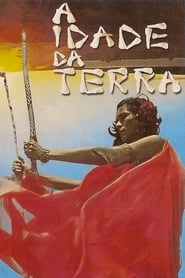 Drawing inspiration from a poem penned...
Drawing inspiration from a poem penned...The Age of the Earth 1980
Drawing inspiration from a poem penned by Castro Alves, this film vividly captures the political, cultural, and intellectual climate of Brazil during the late 1970s. At its core, the story revolves around four distinctive embodiments of Christ's image: a black man, a soldier, an Indian, and a guerrilla fighter. These courageous individuals, hailed as the harbingers of doom in the tupiniquim lands, valiantly combat the insatiable avarice and oppressive "civilizing" brutality propagated by the formidable John Brahms—a foreign exploiter devoid of morals.
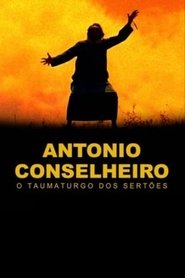
 Jubiab is a FrenchBrazilian film based...
Jubiab is a FrenchBrazilian film based...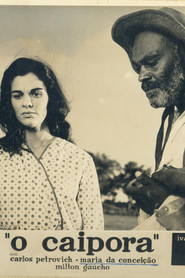
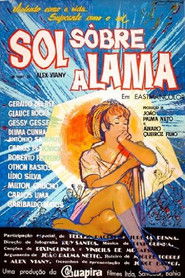 A poor community in Salvador organizes...
A poor community in Salvador organizes...